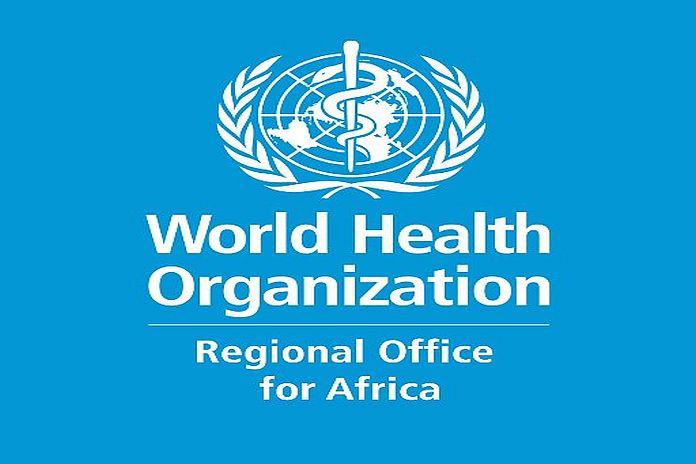BRAZZAVILLE, Democratic Republic of the Congo – Africa is intensifying COVID-19 vaccination of high-risk population groups with some promising signs. Nearly 50 percent of health workers and people over the age of 60 are fully vaccinated against the virus in countries reporting data to World Health Organization (WHO).
The data from June 2022 from 31 countries reporting on COVID-19 vaccinations of high-risk groups shows a significant increase compared with the end of December 2021 when only 33% of health workers and 10 percent of seniors were fully vaccinated. WHO recommends 90 percent vaccination coverage for health workers and 80% coverage for people over 60.
Only two African countries (Mauritius and Seychelles) have fully vaccinated 70 percentof their total population. Rwanda is expected to achieve this target by the end of the month based on the pace of its current uptake, bringing to three, the number of countries in Africa reaching the 70 percent global target by the end of June.
However, Africa has a largely youthful demography, with 45 percent of the continent’s population under the age of 18. In a bid to use vaccines strategically, most countries are targeting their adult population. WHO is recommending to countries with low vaccination coverage to focus on high-priority groups – health workers, older adults and people with comorbidities. The continent’s coverage of people over 18 years is estimated at 34 percent, significantly higher than the 18 percent full coverage in the general population. Nine countries have fully vaccinated more than 70 percent or their adult population, while 21 have reached more than 40 percent of adults.
“Having been beset by poor access to doses, costly delays and shortfalls, Africa’s COVID-19 vaccination progress so far is no mean feat,” said Dr Matshidiso Moeti, WHO regional director for Africa. “Africa’s youthful population has helped the continent weather the COVID-19 pandemic. While protecting young people at high-risk of COVID-19 is paramount, focusing efforts on vaccinating older people, health workers and other vulnerable populations will ensure we stay a step ahead of the virus.”
WHO recommends that countries continue to focus on high-priority populations such as health workers, people with comorbidities and older people, and to diversify vaccination delivery strategies, combining vaccination in fixed health facility sites with efforts to take vaccination to the communities through mass vaccination campaigns and intensification of routine immunization activities.
To date, at least 31 countries have planned mass vaccination campaigns until end of the year. During mass vaccination campaigns, WHO recommends that countries set up bespoke mobile teams for targeted vaccination of high-priority groups. Learning from the experience of HIV testing and treatment, provider-initiated COVID-19 vaccination should be offered in primary health care and in special units offering care to people with comorbidities such as HIV, diabetes, cardiovascular diseases and cancer.
WHO and partners are focusing support on countries that risk falling behind. Fourteen African countries with less than 10 percent vaccination coverage are to receive multi-partner country support, with WHO stepping up efforts to strengthen the management of COVID-19 vaccination data in its assistance to these countries, many of which are also grappling with humanitarian crises and/or diseases outbreaks.
Over the past week, the number of new COVID-19 cases in Africa marginally increased following a sustained three-week decline. This slight uptick was due to the recent surge in cases reported in East and North Africa. As of 13 June 2022, there were 11.9 million COVID-19 cases in Africa, including 254 442 deaths.
Dr Moeti spoke during a virtual press conference today facilitated by APO Group. She was joined by Dr Daniel Kyabayinze, director, public health, ministry of health, Uganda; Professor Emmanuel Nakoune, acting director of the Institut Pasteur in Bangui, Central African Republic; and Dr Peter Fonjungo, director of the United States Centers for Disease Control and Prevention in the Democratic Republic if the Congo.
Also on hand from WHO regional office for Africa to respond to questions were Dr Abdou Salam Gueye, director of emergency preparedness and response; Dr Thierno Balde, regional COVID-19 Incident Manager; Dr Fiona Braka, team lead, emergency operations; and Dr Phionah Atuhebwe vaccines introduction medical officer.





